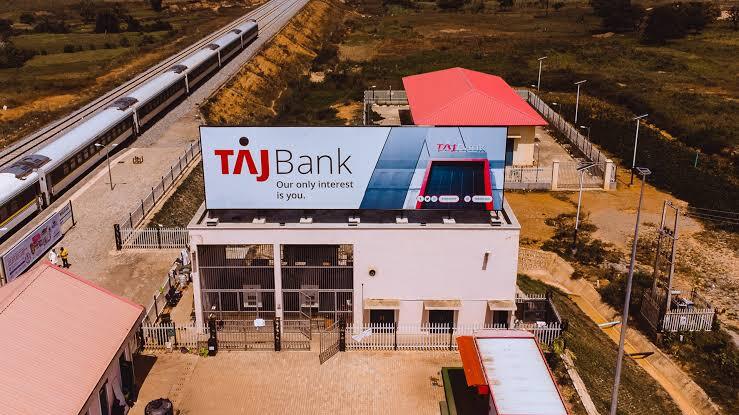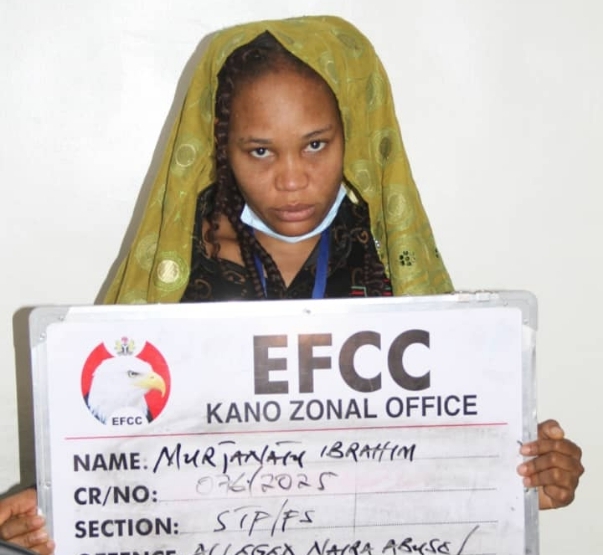One of Nigeria’s leading non-Interest banks, TAJBank, has said it is finalising arrangements to raise the sum of N20 billion Mudarabah Sukuk bond to beef up its Additional Tier 1 capital.
The Founder/Chief Executive Officer of TAJBank, Mr Hamid Joda, said this in a statement on Monday in Abuja.
According to him, the issuance is part of its N100 billion Sukuk programme with the aim of fueling its business expansion drive.
Joda said that the new investment initiative was coming two years after the issuance of the first-ever N10 billion Sukuk bond on the Nigerian Exchange in 2023.
He said that it presented a unique opportunity for individuals and institutions to invest in an ethical instrument with a competitive 20.5 per cent per annum return.
“Specifically, the new Mudarabah Sukuk bond, is designed to offer a stable and ethical investment option.
“It allows investors to participate in the bank’s profit-sharing ventures, and underscores TAJBank’s commitment to expanding access to innovative financial solutions and promoting financial inclusion in the country,” he said.
Joda said that the Mudarabah Sukuk was open to all investors, both individuals and corporates.
According to him, the goal is to provide a reliable source of extra income, accessible from the comfort of homes.
“We are excited to bring this Mudarabah Sukuk to the market, offering a compelling investment opportunity that aligns with ethical financial principles.
“This listing on the NGX will enable a wider range of investors to participate in our growth and benefit from our profit-sharing model,” he said.
He advised interested investors to contact their financial advisors or visit www.tajbank.com for more information on the Sukuk and the listing process.(NAN)











